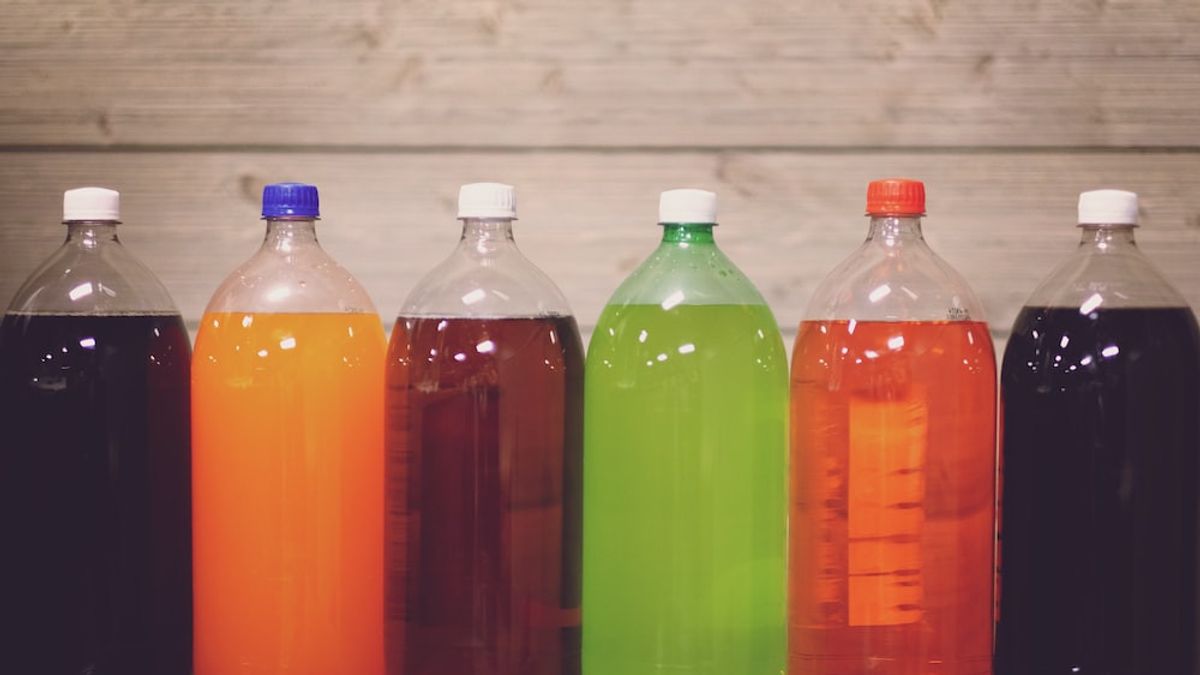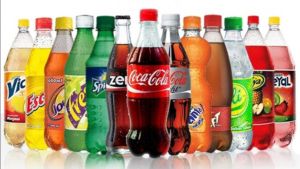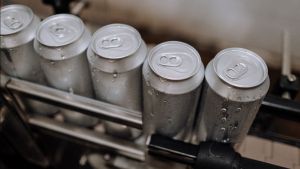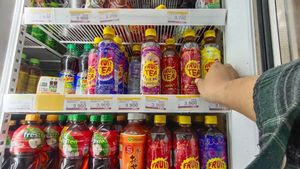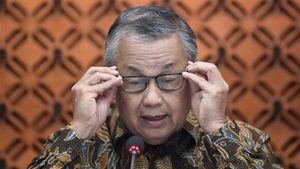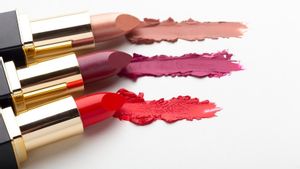JAKARTA - Researcher of the macroeconomics and finance of the Institute for Development of Economics and Finance (Indef) Riza Annisa Pujarama assessed that the restrictions on packaged excise products (MBDK) that were not collected or free from excise were quite good.
"For restrictions on MBDK products that are not collected excise, I think this is good," told VOI, Wednesday, July 24.
Previously, the government would target two groups of MBDK products that would be subject to excise duty, namely ready-to-eat drinks and concentrates packaged in the form of retail sales.
In addition, the government will restrict or stipulate MBDK products that are not collected or free from MBDK excise which will later be regulated in the regulation of the minister of finance (PMK).
Meanwhile, the product is divided into three categories, namely the first for medical purposes and the second is honey, vegetable juice or fruit juice without additional sweeteners.
Then the third category is, drinks that are sold and consumed on the spot, for example in food stalls, to traditional shops.
SEE ALSO:
Riza conveyed the important thing is that if the government will implement the MBDK policy, it must conduct education and socialization to the public so that they can be well accepted.
According to Riza, the implementation of the MBDK policy is good enough to reduce the number of obesity and kidney failure in children that is currently rampant. Because, based on the International Diabetes Federation, it shows that the number of Indonesian diabetes sufferers is the 5th highest in 2021.
In addition, Riza hopes that the MBDK policy can change the lifestyle to be healthier so as to create a healthy generation.
The English, Chinese, Japanese, Arabic, and French versions are automatically generated by the AI. So there may still be inaccuracies in translating, please always see Indonesian as our main language. (system supported by DigitalSiber.id)
